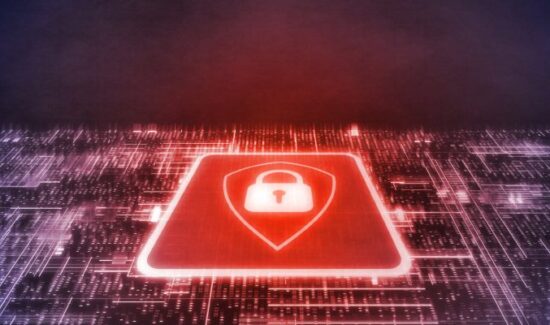Breaches Aren’t Inevitable: Employees and Cybersecurity


Jane Austen made some very sarcastic proclamations on universally acknowledged truths, but in the digital age there is only one agreed-upon reality: nobody is safe online.
Widget not in any sidebars
This is one of those lessons we as an online society have learned, relearned, and yet never seem to fully absorb: nobody, and no enterprise, is safe from the machinations and wrath of digital threat actors. Between the data breaches at Yahoo!, Equifax, Panera, Lord & Taylor, etc., cybersecurity professionals have had plenty of opportunities to remind us of the realities of cybersecurity. Our data is in constant peril, and enterprises need to treat cybersecurity as a top business priority. The consequences otherwise, we’re told, could be disastrous…perhaps more so than the disasters we’ve seen in the past.
On the one hand, these reminders of the need for better cybersecurity have engendered some positive changes. CEOs are taking more initiative in cybersecurity purchasing and budgetary decisions. Enterprises are reporting they are finding threats faster than ever. Solution providers in endpoint security, security information and event management (SIEM), identity and access management, and identity governance and administration are constantly innovating to provide the next steps in cybersecurity.
On the other hand, the relationship between employees and cybersecurity hasn’t changed at all. This is a problem. We’ve written the phrase over and over again, yet only because it remains true regardless of the size or industry of your enterprise: your employees are your largest attack vector. Their online behavior and actions will determine whether your security information and event management (SIEM) solution or any other cybersecurity solution stays seaworthy or sinks. If your employees and cybersecurity remain at odds, it won’t matter what solution you deploy. That’s why phishing attacks have seen an increase in 2017, with over a million new variants arising.
According to our interview with Richard Bird of Optiv, the relationship between employees and cybersecurity can best be described as “cavalier.” Older employees whose generation first developed the modern internet often choose to sacrifice cybersecurity best practices for expediency and profit. Younger employees, who grew up in a digital culture, often resign themselves to a lack of privacy and the inevitability of data breaches. They express a carefree, “why worry?” attitude that could cost your enterprise millions in financial damages.
Here’s the thing: suffering a cybersecurity breach is not a foregone conclusion. One of the (only) positive things about the black market proliferation of hacking tools and software is that the hacking community is now encouraging inexperienced newcomers to try their hand at illicit digital activity. Deploying a basic security information and event management (SIEM) solution and an endpoint security solution will scare those hackers off. Those tactics can even scare more experienced hackers into trying another target.
The reason why is simple. Hackers are human. Humans tend to look for the easiest option and routes when faced with a problem. Hackers obey this principle more than anyone. A hacker could spend hours and hours bypassing and concealing themselves from an enterprise’s security information and event management (SIEM) solution. Alternatively, they could simply move on to a different enterprise with a far weaker SIEM solution or no cybersecurity platform whatsoever. In all but the rarest cases, hackers will pick the latter option.
The overall point of this article—the grand theme behind it—is that we need a shift in the discourse surrounding digital threats to improve the relationship between employees and cybersecurity best practices. Focusing on how inevitable breaches are in all of our discussions may only be encouraging employees to act recklessly. A change in how we discuss the problem and the solution might make all the difference: “Breaches can be devastating, but if we follow best practices, we can stop all but the most serious hackers.”
This new attitude needs to be reinforced via educational efforts, and it needs to be the attitude encouraging employees to learn how to recognize phishing attacks or how their digital activities can affect your enterprise’s digital safety. The change in attitude, as well as more effective educational approaches, could make the training efforts more effective. Hope breeds hope, just as hopelessness breeds more of itself.
Hacks and breach attack may plague your enterprise. Phishing might clog your email accounts. Your network might be bombarded. But with knowledge and with positivity, your employees and cybersecurity can work in tandem for you. Your employees can hold the line for your SIEM solution to do its work.
Widget not in any sidebars


















